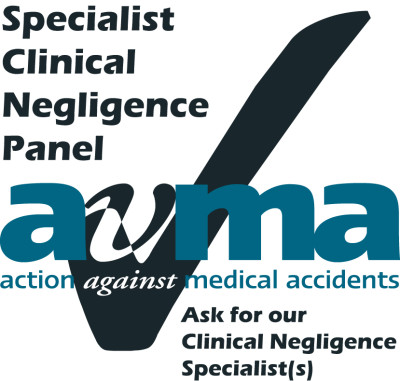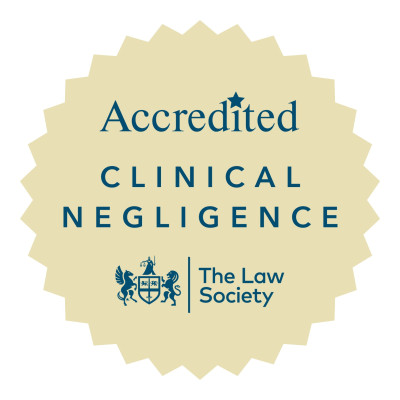CLOSE SEARCH

Eye conditions require highly skilled diagnosis and treatment. When mistakes occur during ophthalmic care, the results can be devastating, ranging from partial vision loss to permanent blindness.
Our specialist medical negligence solicitors help patients and families affected by negligent eye care secure justice, compensation, and access to ongoing support.
Eye-related medical negligence can occur at any stage of care, including:
Delayed or missed diagnosis – conditions such as glaucoma, retinal detachment, or ocular tumours not detected promptly.
Surgical errors – mistakes during cataract surgery, LASIK, or corneal transplants.
Medication or treatment errors – incorrect dosing of eye drops, steroids, or other ocular medications.
Post-operative care failures – lack of monitoring for complications after surgery.
Birth-related eye injuries – trauma or oxygen deprivation affecting a newborn’s vision.
Hospital-acquired infections – infections following eye surgery or injections due to poor hygiene or monitoring.
In ophthalmic negligence claims, liability usually falls on the healthcare provider responsible for the care. This may include:
NHS Trusts
Private Hospitals, Clinicians and Clinics – for care received privately.
Opticians
GPs or community healthcare providers
Your solicitor will identify the correct defendant(s) to ensure that any claim is directed to the party legally responsible for the negligence.
The impact of negligent eye care can be profound:
Partial or total vision loss – permanent reduction in sight or complete blindness.
Reduced quality of life – affecting independence, mobility, employment, and daily activities.
Physical complications – chronic pain, eye strain, or secondary conditions such as retinal scarring.
Emotional and psychological effects – stress, anxiety, depression, or loss of confidence.
Long-term care needs – adaptations to home, assistive devices, or ongoing medical support.
Generally, you have 3 years from the date of negligence or from the date you became aware of it to start a claim.
For children, the 3-year period begins at 18 years of age.
For those lacking mental capacity, no limitation applies until capacity is regained.
If a patient has died, the estate or dependants will have 3 years from the date of death or knowledge of negligence.
We offer specialist expertise in ophthalmic negligence claims, including complex surgical and diagnostic errors, with flexible funding options including “no win, no fee” arrangements where suitable.
Contact us for a free, confidential consultation to understand your options and secure the support and compensation you deserve.




-400.jpg)
Telephone -
9am to 5pm

Partner & Head of Medical Negligence Department
Lauren heads up our Medical Negligence Department and has a wealth of experience in this area having specialised in medical negligence since qualification in 2004.She started her career working at two of the leading medical negligence firms in L......Call the Taylor Rose team or fill out the form below and we will get back to you as soon as possible.
Telephone opening hours -
9am to 5pm